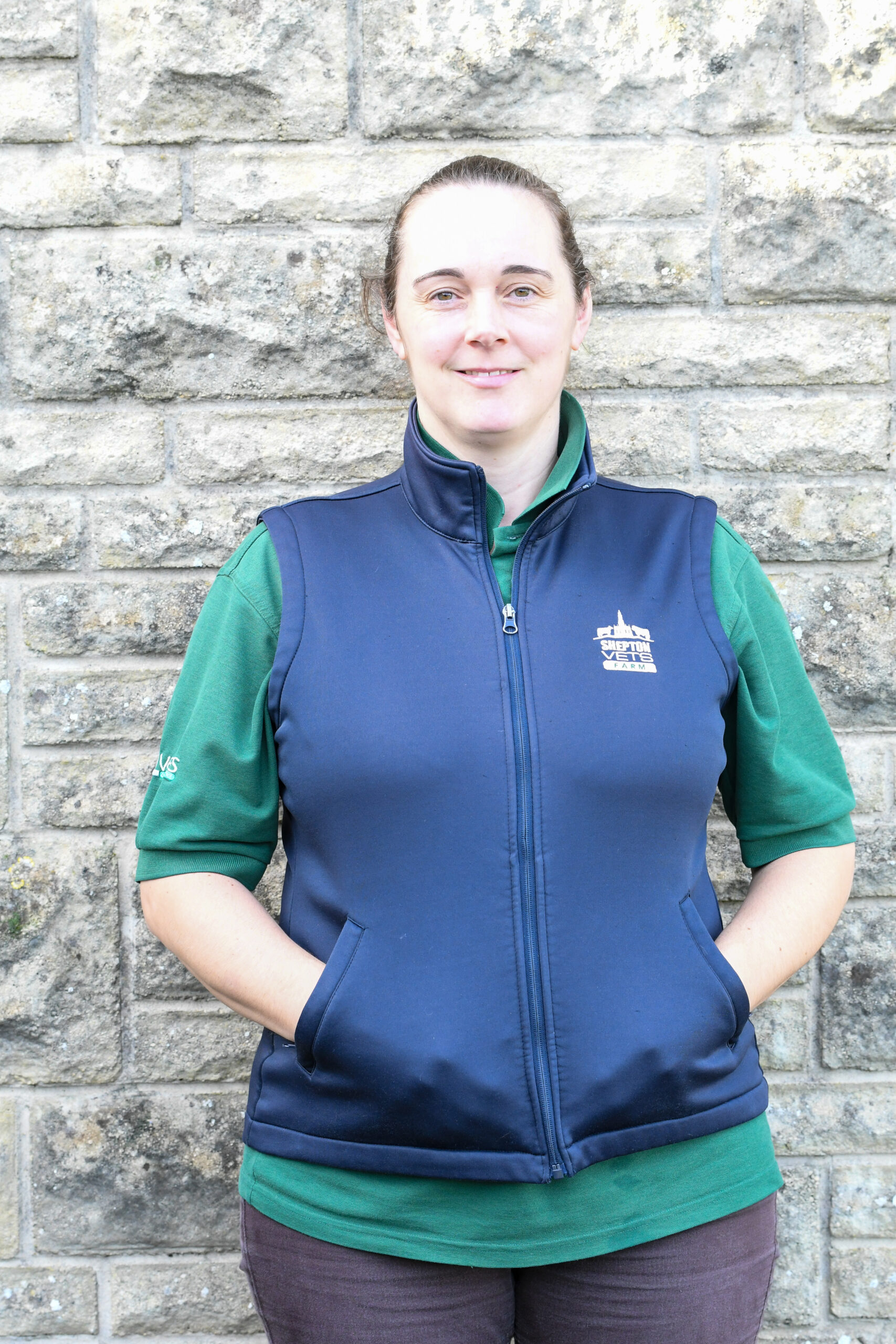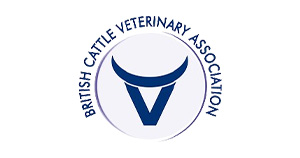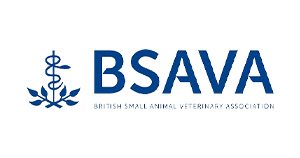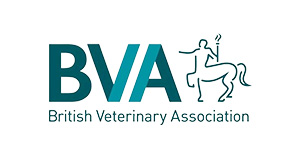Calving cow management
Published on: Jun 15, 2022
I recently attended a late night calving for one of our clients and it made me reflect on how the management of calving cows can make all the difference to the outcome for cow and calf, and on the productivity of those animals for the farm.
The calf was coming with the head and one front leg, a presentation that can quickly lead to a swollen tongue and head and a dead calf as well as a down cow. Once complications have developed the calving can become protracted and may have to involve embryotomy; often the outcome is poor for both the cow and calf.
Thankfully, the client in question had spotted on his last evening checks that this cow was likely to calve overnight, so had gone back out again later to check her progress.
This meant that he picked up the problem promptly and we were able to correct it easily and deliver a strong, healthy calf and happy cow who immediately got on with the job of mothering her calf.
In this instance, calving at least develops with visible signs of the calf presenting abnormally but we also see a lot of uterine torsions and breech presentations that lead to poor outcomes. With these, the cow shows all the signs of being close to calving, her udder fills, the ligaments around her tailhead relax and she may take herself off from the group, but often that is as far as it goes as the calf cannot come up into the birth canal so contractions do not start and water bags don’t appear or burst. If picked up promptly we can correct these and achieve a good outcome, but if left until the following day we are often left with a dead calf that is much harder to manipulate and a stressed cow that will have a much poorer outlook.
Both breeches and uterine torsions should be straightforward to identify on vaginal examination, so if in doubt about a cow that is not progressing with calving always pop a clean glove and some lubricant on and have a feel to see what is going on. You might just save yourself an expensive vet bill and an unproductive cow!
Shepton Vets runs practical calving courses, so if you have new farm staff, or want a refresher and some extra confidence around calvings give the practice a call to book onto our next course on the 6th July.

Author
Lottie Meire
Learn how to identify and address common calving complications, such as abnormal presentations and uterine torsion. Discover the importance of early intervention and the benefits of attending a calving course to improve your skills and ensure successful outcomes.
#Calving #DairyCows #CalfPresentation #UterineTorsion #BreechPresentation #Dystocia #AnimalHealth #FarmManagement #Veterinary











